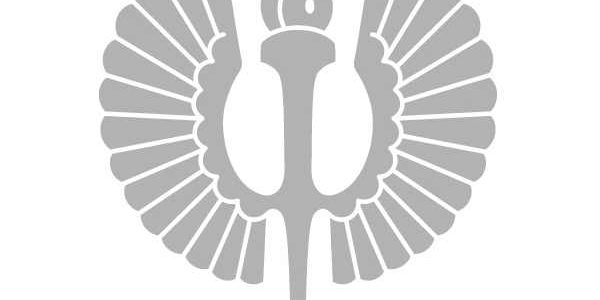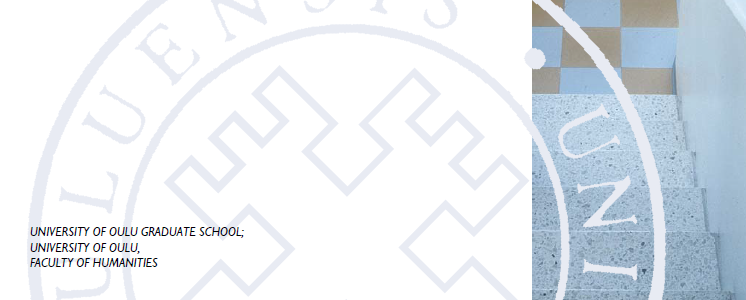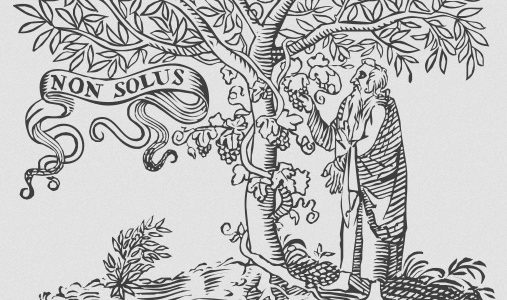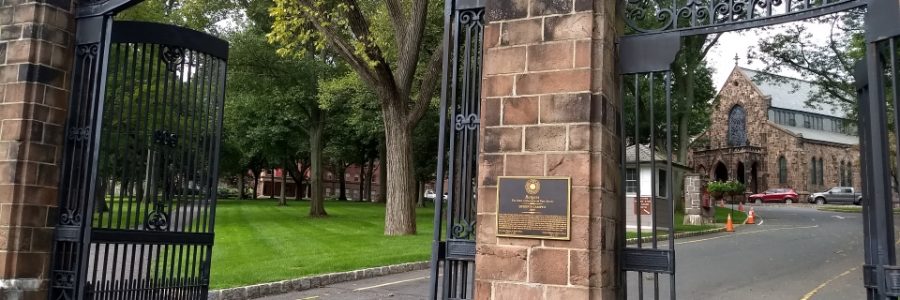Announcing two recent articles by Silvia Edling, Heather Sharp, Jan Löfström & Niklas Ammert on historical consciousness and ethical considerations! Details below.
Silvia Edling, Heather Sharp, Jan Löfström & Niklas Ammert (2020) The good citizen: Revisiting moral motivations for introducing historical consciousness in history education drawing on the writings of Gadamer. Citizenship, Social and Economics Education, 19(2)
https://journals.sagepub.com/doi/10.1177/2047173420936622
Abstract: Historical consciousness is regarded as an important means to stimulate moral citizens through history education. This article conceptually examines the moral dimension associated with historical consciousness by revisiting the paradigm wars between natural science based on positivism and human and social sciences during the 1960s–1990s as expressed through the voice of Gadamer. More specifically, the article explores: (1) the moral arguments that Gadamer put forward for introducing historical consciousness and (2) the epistemological and ontological building blocks for approaching morality in history education that his arguments brought to the fore. In general, moral consciousness in relation to historical consciousness draws attention to: (a) people’s life conditions, (b) that moral reasoning and practice are influenced by feelings and reason, (c) that reflections on past events can help to interpret our ways of being towards others in the present and future, (d) that a plurality of people, thoughts and history are important to acknowledge and (e) that every person is part of creating history and responsible for weaving the past/present/future web in ways that acknowledge others.
Silvia Edling, Heather Sharp, Jan Löfström & Niklas Ammert (2020) Why is ethics important in history education? A dialogue between the various ways of understanding the relationship between ethics and historical consciousness. Ethics and Education, 15(3)
https://doi.org/10.1080/17449642.2020.1780899
Abstract: In light of current tendencies, where appreciating plurality and uphold everyone’s equal value is being questioned from different directions, there is arguably a need to revive the ethical dimension of history education as a way of learning about difficult histories, including traumatic pasts. Since the 1970s historical consciousness has played an important role in articulating an approach to history with an ethical mindset. Although many theories suggest that there is a connection between ethics and historical consciousness, a deeper understanding of this link is generally absent. This article discusses selected key texts by major researchers in the field, namely Rüsen, Seixas and Morton, Chinnery, and Simon. Their texts reflect four different perspectives, which, in this article are kept in dialogue with one another as a way of stimulating and sharpening ethical understanding and judgement in history education through the theoretical toolbox offered.








